So it is classified as a 'dwarf planet' now. That isn't news, or really even changing what we have been calling it - that Pluto is a small planet.
According to the IAU's definition a planet is: "The IAU members gathered at the 2006 General Assembly agreed that a "planet" is defined as a celestial body that (a) is in orbit around the Sun, (b) has sufficient mass for its self-gravity to overcome rigid body forces so that it assumes a hydrostatic equilibrium (nearly round) shape, and (c) has cleared the neighbourhood around its orbit."
Has cleared the neighbourhood around its orbit? In what way? And have any of the planets even done this? This last defining point assumes a lot, and may not hold true to what many might call a 'planet' even if there remains a great deal of space debris in the immediate vicinity or along the orbital path of such.
I can forsee this definition being modified again in the future, especially once better glimpses of distant star systems begin to occur.
According to the IAU's definition a planet is: "The IAU members gathered at the 2006 General Assembly agreed that a "planet" is defined as a celestial body that (a) is in orbit around the Sun, (b) has sufficient mass for its self-gravity to overcome rigid body forces so that it assumes a hydrostatic equilibrium (nearly round) shape, and (c) has cleared the neighbourhood around its orbit."
Has cleared the neighbourhood around its orbit? In what way? And have any of the planets even done this? This last defining point assumes a lot, and may not hold true to what many might call a 'planet' even if there remains a great deal of space debris in the immediate vicinity or along the orbital path of such.
I can forsee this definition being modified again in the future, especially once better glimpses of distant star systems begin to occur.
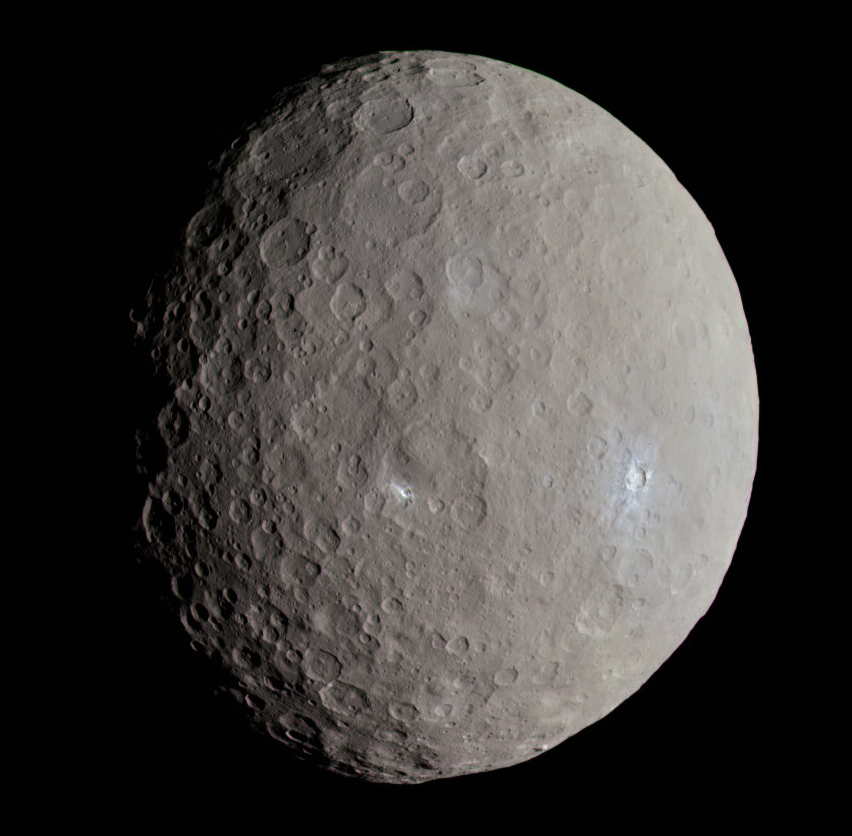





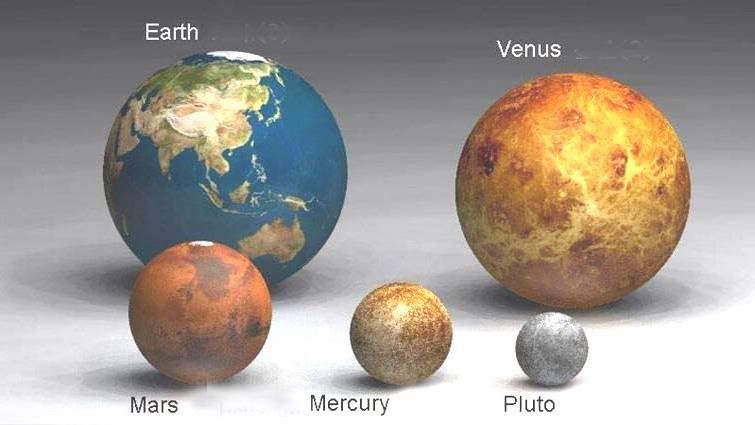
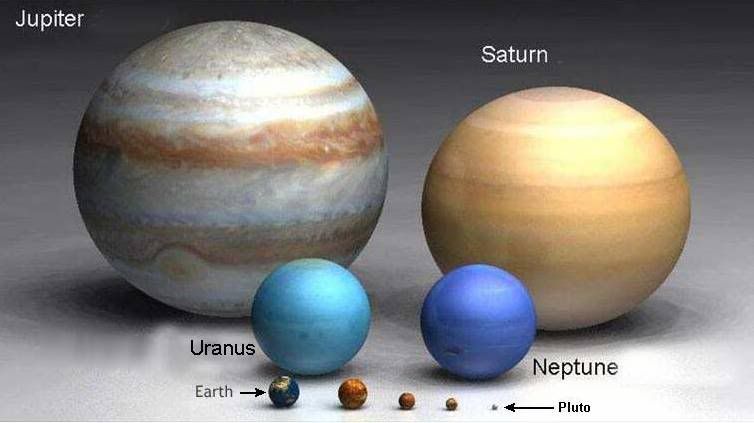
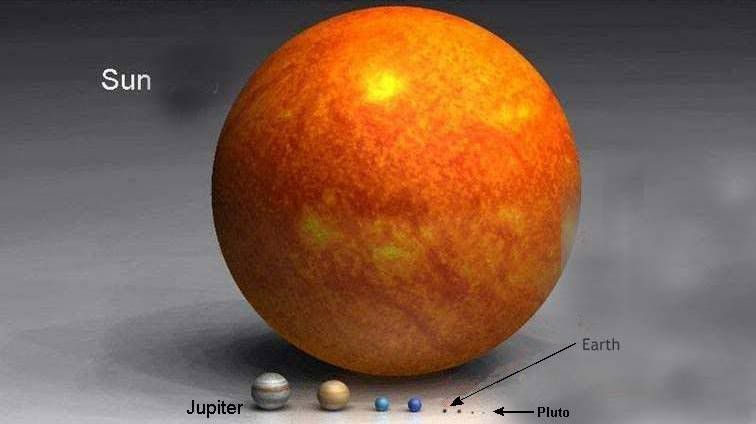
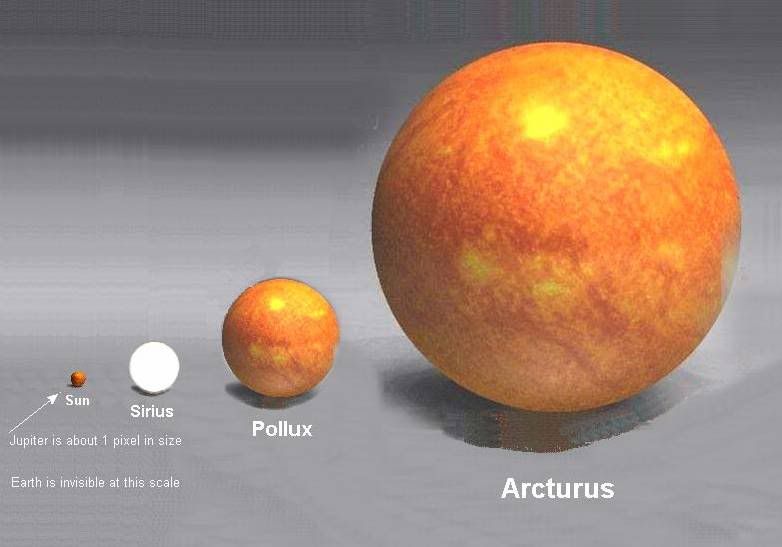
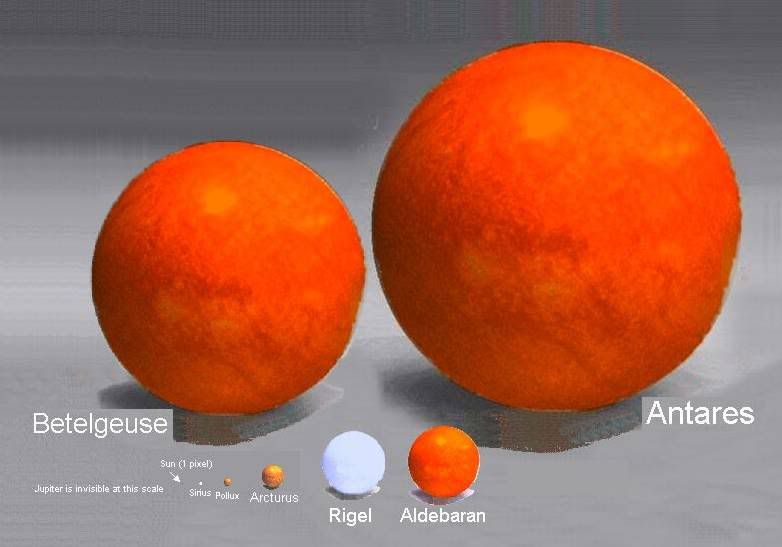
Comment